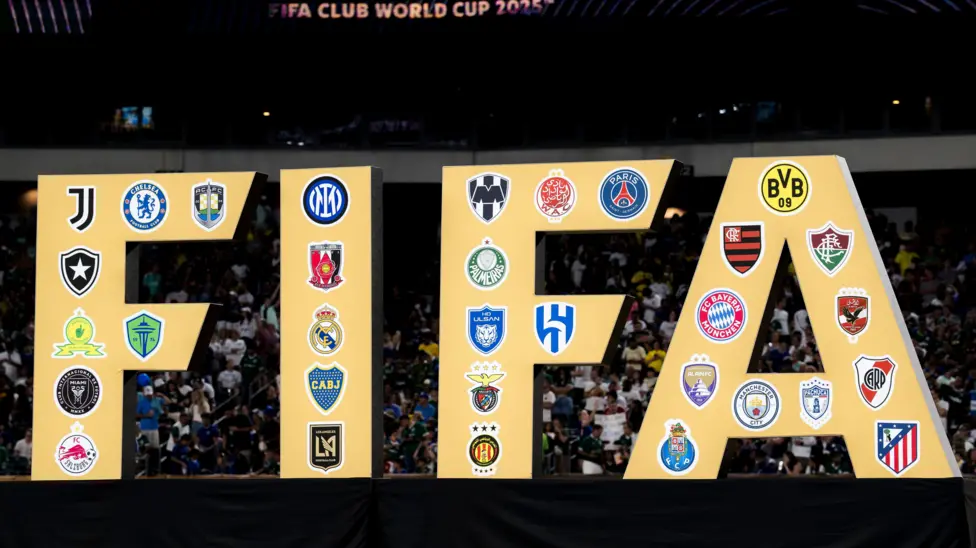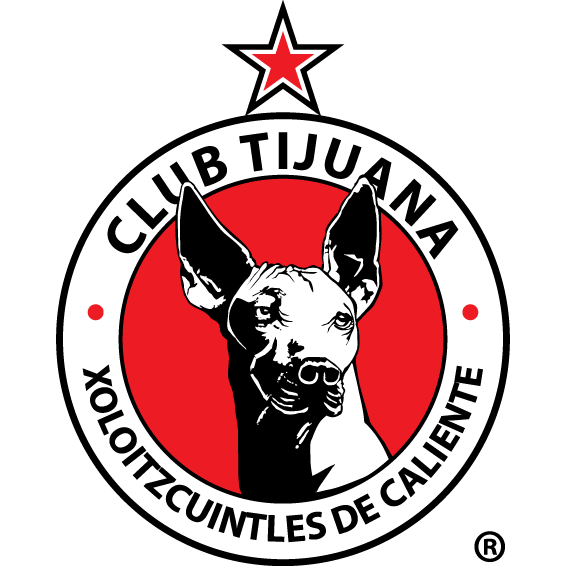
Fifa Reports 30,000 Abusive Online Posts This Year as Football’s Toxic Digital Storm Deepens
Online abuse has become football’s most persistent off-the-field opponent, and in a year packed with major tournaments, international fixtures and high-profile moments, the volume has been staggering. A new report released by world football’s governing body revealed that Fifa reports 30,000 abusive online posts this year — a figure that only scratches the surface of a wider, more troubling trend.
In an era where every touch, tackle and refereeing call is dissected by millions, Fifa says it is finally treating online abuse with a level of seriousness that matches its impact. But as the governing body outlines the steps it has taken — and the users it has reported — the big question remains: is football winning the fight, or simply trying to plug holes in a dam?
Fifa Reports 30,000 Abusive Online Posts This Year: What the Numbers Really Mean
The headline figure is eye-catching, but what lies beneath it paints an even more urgent picture. According to Fifa’s findings, more than 30,000 abusive posts were forwarded to social media platforms in 2024 and 2025 alone. These ranged from targeted harassment and violent threats to racist slurs and coordinated trolling attempts — the kind of content that has become distressingly familiar to players, coaches and referees at every level of the game.
The report also confirms that 11 individuals have been escalated to law enforcement in 2025, with one case submitted to Interpol. Those identified spanned several countries, including Argentina, Brazil, France, Poland, Spain, the United Kingdom and the United States — a reminder that online abuse isn’t limited to one culture or one region. It’s global, borderless and growing.
Fifa says these names were uncovered “following abuse during Fifa competitions,” suggesting that major tournaments trigger spikes in harassment. Whether it’s a missed penalty, a controversial offside call or a heated rivalry fixture, the digital backlash can be as swift as it is brutal.
Infantino: “Football must be a safe and inclusive space — online too”
Speaking on the International Day for Tolerance, Fifa president Gianni Infantino used the moment to reinforce the organisation’s stance and highlight a crucial message: abuse is not just part of the game.
“Football must be a safe and inclusive space — on the pitch, in the stands and online,” Infantino said.
“By deploying advanced technology and human expertise, Fifa is taking decisive action to protect players, coaches, teams, and match officials from the serious harm that online abuse causes.”
The language was strong, even sterner than usual, perhaps reflecting the pressure Fifa has been under to do more. Despite wide-ranging campaigns and showpiece messaging, many players — especially those from marginalised communities — have long argued that football’s governing bodies were too slow to act, too cautious, or too reliant on symbolic gestures.
Infantino’s comments hint at a shift: fewer slogans, more enforcement.
Inside the SMPS: Fifa’s Digital Shield Against Abuse
Back in 2022, Fifa teamed up with Fifpro, the global players’ union, to launch the Social Media Protection Service (SMPS) — a monitoring and reporting system that scans platforms for harmful content. At the time, it was billed as a groundbreaking step, and while the system has evolved, the sheer scale of what it faces continues to challenge its limits.
Fifa’s latest statement revealed how SMPS was deployed during the 2024 Club World Cup in the United States, a tournament that drew record attention both online and in stadiums. Despite criticism over what some saw as toned-down anti-racism messaging at the event, Fifa insists the abuse-monitoring framework was active throughout.
According to the report:
-
2,401 active accounts were monitored
-
Five major social platforms were covered
-
5.9 million posts were scanned
-
179,517 posts were flagged for further review
-
20,587 posts were formally reported as abusive
These numbers show just how much noise surrounds modern football — and how much of it crosses the line from commentary into cruelty. The idea that nearly 180,000 posts required investigation during a single tournament speaks volumes about the scale of the problem.
One of the more striking elements of the SMPS strategy has been Fifa’s decision to blacklist individuals from purchasing tickets for future tournaments. It marks a new step: treating online abuse as grounds for real-world sanctions, not merely a terms-of-service violation.
As Infantino put it:
The message is sharper now: accountability won’t end at reporting posts.
A Growing Archive of Abuse: More Than 65,000 Posts Flagged Since 2022
The report also revealed a cumulative figure: since SMPS was launched, Fifa says over 65,000 abusive posts have been formally reported to social platforms. And that’s just what has been tracked and classified by the system.
Players have often spoken about waves of hate that arrive instantly after a mistake on the pitch. Entire refereeing teams routinely receive death threats after contentious matches. Women’s footballers — especially those of colour — face online abuse at disproportionately high levels. And referees, increasingly under the spotlight in both men’s and women’s competitions, often bear the brunt of vitriolic social media storms.
But Fifa’s tracking shows something else too: this isn’t a momentary spike. It’s a rising curve.
Football’s digital culture has reached a point where nearly every high-stakes fixture generates abuse. It’s not a problem that will fade with time. It’s one that demands constant, systemic intervention.
The Road Ahead: Can Football Really Clean Up Its Online Spaces?
There is cautious optimism in Fifa’s tone. The organisation highlights new technology, better identification methods and stronger partnerships with law enforcement as signs of progress. But no one within the sport is naïve enough to think that reporting mechanisms alone can solve the issue.
Football exists at the intersection of passion, identity, tribalism and global reach. Social media pours fuel on all four. And with the spike in betting-related abuse, political tensions and personal threats, the toxicity isn’t going anywhere on its own.
Still, by publicly naming the volume of abuse and the actions taken, Fifa is at least acknowledging the scale. That hasn’t always been the case.
The hope — especially for players who have grown tired of performative gestures — is that this signals a move toward meaningful, consistent enforcement. A point where “zero tolerance” isn’t just a catchphrase but a policy with teeth.
The game may never be fully rid of online hate. But it can be better protected. It can be better policed. And it can be made safer for the people who actually step onto the pitch.
For now, the message is simple:
The problem is real. The action is increasing. And football’s digital fight is far from over.




























































There are no comments yet. Be the first to comment!